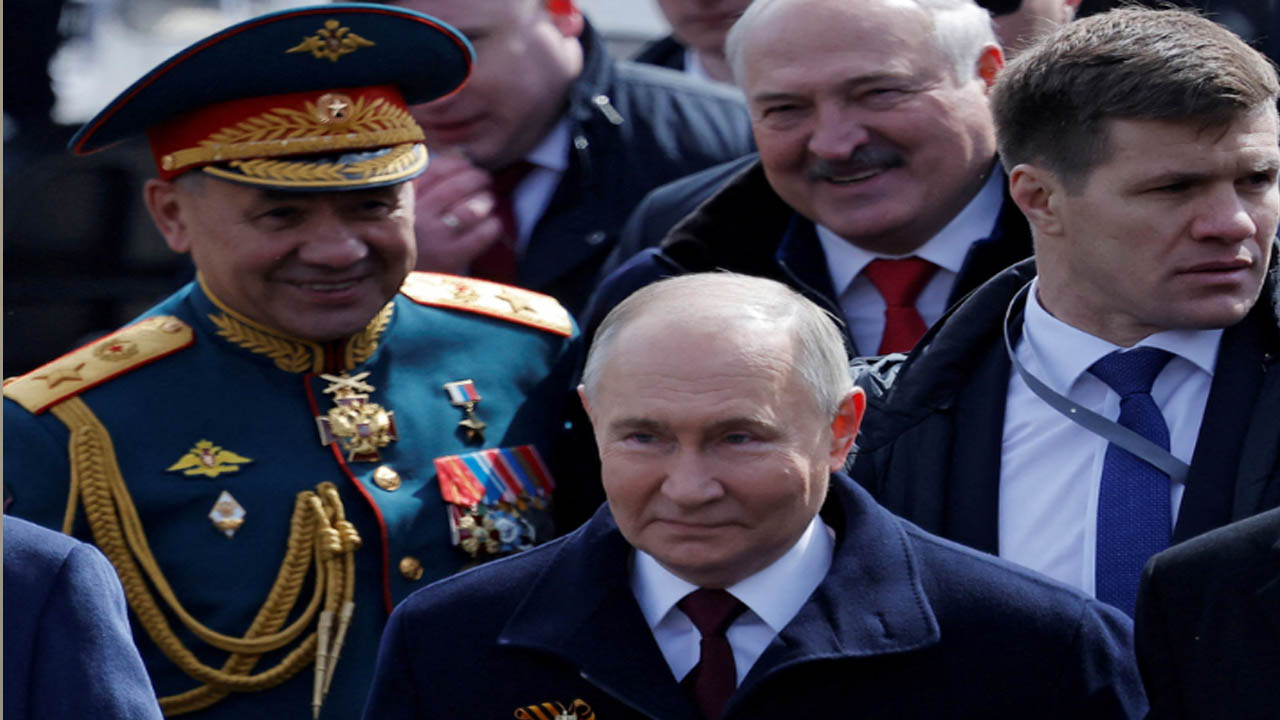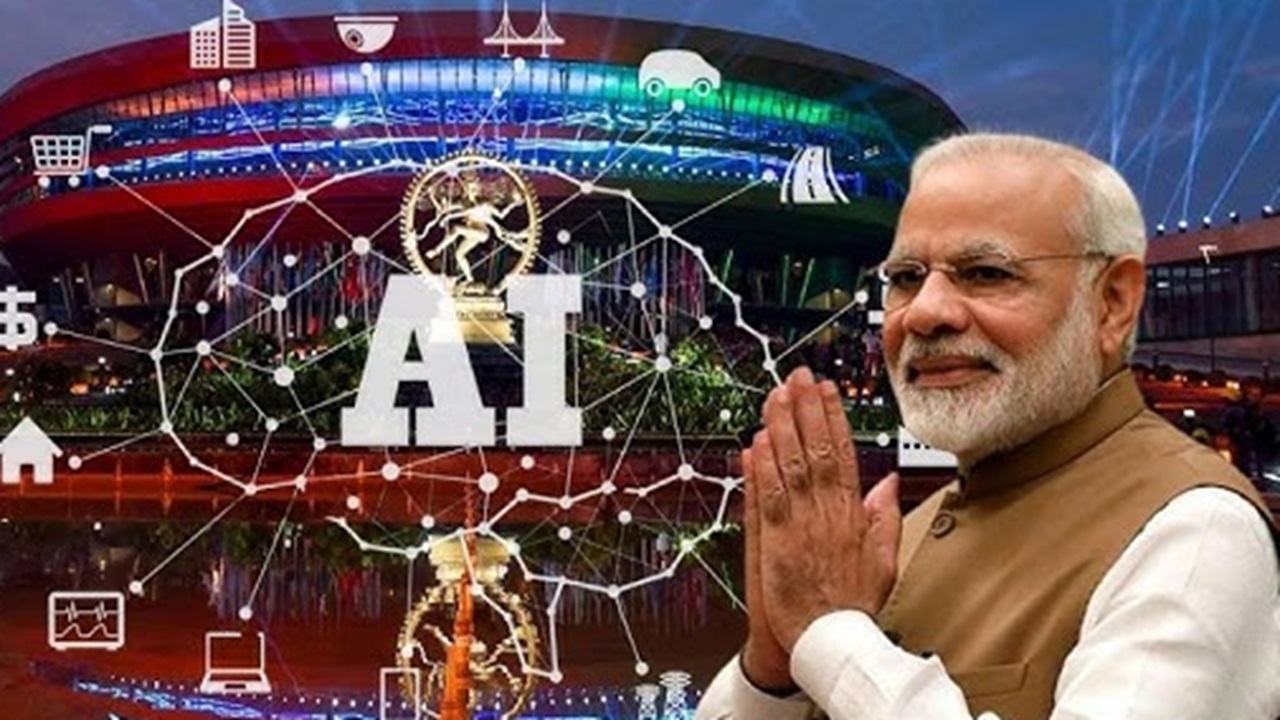President Vladimir Putin has appointed Andrei Belousov, a seasoned economist, as the new Minister of Defence.
· The reshuffle also involves Shoigu assuming the role of Secretary of the Security Council of the Russian Federation, indicating a broader restructuring within Russia’s security apparatus.
· The Kremlin spokesperson emphasized the importance of integrating the economy into the security sector.
· The decision marks the most significant change in Russia’s military leadership since the onset of the conflict in 2022.
· Lavrov to stay as foreign minister
In a strategic move reflecting Russia’s focus on economic resilience in the ongoing conflict with Ukraine, President Vladimir Putin has appointed Andrei Belousov, a seasoned economist, as the new Minister of Defence. This surprising decision comes as Moscow sees gains in its efforts in Kyiv, signaling a shift towards leveraging economic resources and innovation to bolster military operations.
The replacement of the long-serving Defence Minister, Sergei Shoigu, with Belousov underscores Putin’s intent to harness economic expertise in navigating the complexities of modern warfare. Belousov, a 65-year-old economist with a diverse professional background, including stints as Russia’s first deputy Prime Minister and as an aide to President Putin on economic matters, brings a fresh perspective to the defence establishment.
The reshuffle also involves Shoigu assuming the role of Secretary of the Security Council of the Russian Federation, indicating a broader restructuring within Russia’s security apparatus. This move aligns with Putin’s vision of consolidating control over both military and security affairs, with Shoigu tasked with overseeing the military-industrial complex, a pivotal component of Russia’s defense strategy.
Kremlin spokesperson Dmitry Peskov emphasized the importance of integrating the economy into the security sector, citing the significant budget allocation to the military, reminiscent of Cold War-era levels. Belousov’s appointment reflects a strategic pivot towards optimizing resource allocation and fostering innovation to sustain Russia’s military efforts in the prolonged conflict.
The decision marks the most significant change in Russia’s military leadership since the onset of the conflict in 2022, highlighting Putin’s commitment to adaptability and strategic foresight. With the war entering its third year, the appointment of Belousov signals a proactive approach to address evolving challenges and capitalize on emerging opportunities.
While the specific details of Belousov’s strategic vision for the Defence Ministry remain forthcoming, his track record in economic management and policy formulation suggests a focus on efficiency, modernization, and resource optimization. This shift towards a civilian-led approach to defense management reflects broader trends in contemporary warfare, where economic factors play an increasingly decisive role in shaping military outcomes.
Belousov’s extensive experience in economic policy making positions him as a strategic asset in Russia’s quest to maintain military superiority amidst economic constraints and geopolitical uncertainties. His appointment underscores the recognition that successful defense strategies must be grounded in sound economic principles, with an emphasis on innovation, efficiency, and sustainable resource management.
The continuity in the leadership of other security ministers and services underscores Russia’s commitment to stability amidst organizational changes. Despite the reshuffle, the overarching objective remains unchanged: to secure Russia’s interests and assert its influence in the region.
As the conflict with Ukraine persists, Putin’s decision to appoint Belousov reflects a calculated move to adapt Russia’s defense strategy to the realities of modern warfare. By prioritizing economic resilience and innovation, Russia aims to maintain its military edge while navigating the complexities of a protracted conflict.
In the face of evolving geopolitical dynamics and technological advancements, the appointment of Belousov underscores Russia’s commitment to staying ahead of the curve in the ongoing struggle for regional dominance. As the conflict enters its next phase, the role of economic expertise in shaping military strategy is poised to become increasingly pronounced, reshaping the contours of contemporary warfare in the process.
Belousov’s leadership will be closely watched by international observers as Russia seeks to assert its influence in Eastern Europe and beyond. His ability to navigate the intricate interplay between economic imperatives and military objectives will be critical in determining the trajectory of the conflict and shaping Russia’s geopolitical standing in the years to come.
(With inputs from agencies)








